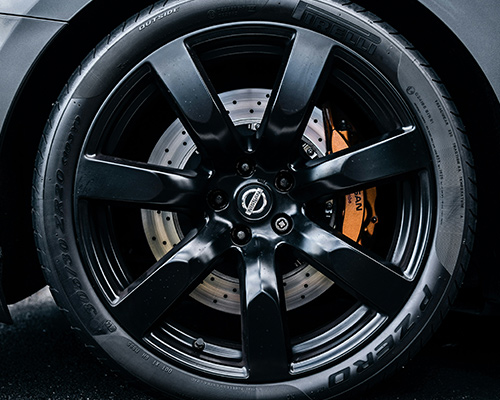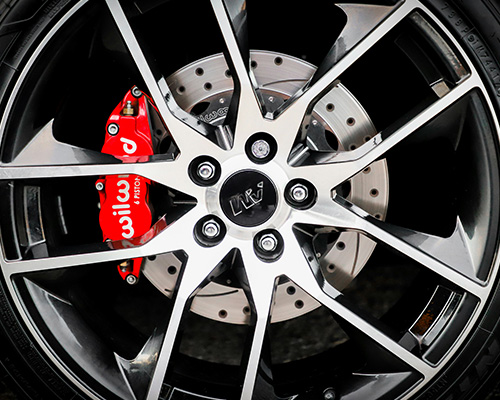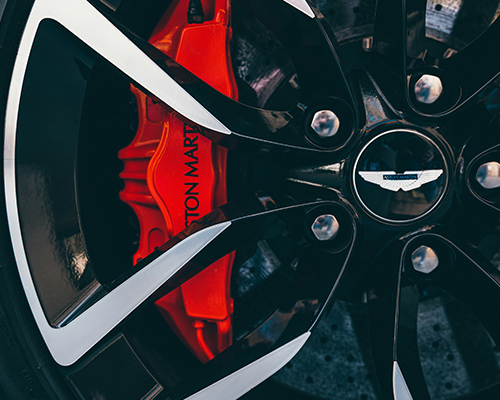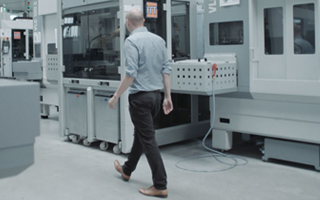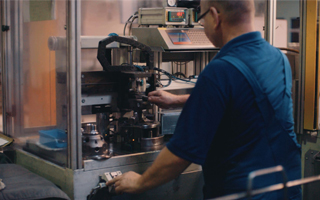The Environmental Impact of Brake Disc Materials
11th April 2024
In the fast-changing environment of automotive manufacturing, the spotlight on environmental sustainability has never shone brighter. As the industry moves towards greener practices, one often overlooked component is receiving significant attention for its environmental footprint, the brake disc.
This vital part of a vehicle's braking system, has traditionally been crafted from materials whose production and disposal can exert substantial ecological strain. This short article sheds light on the environmental impact of brake disc materials and highlights some innovative strides companies like MAT Foundry Group are making towards sustainable automotive components.
Unpacking the Traditional Brake Disc Quandary
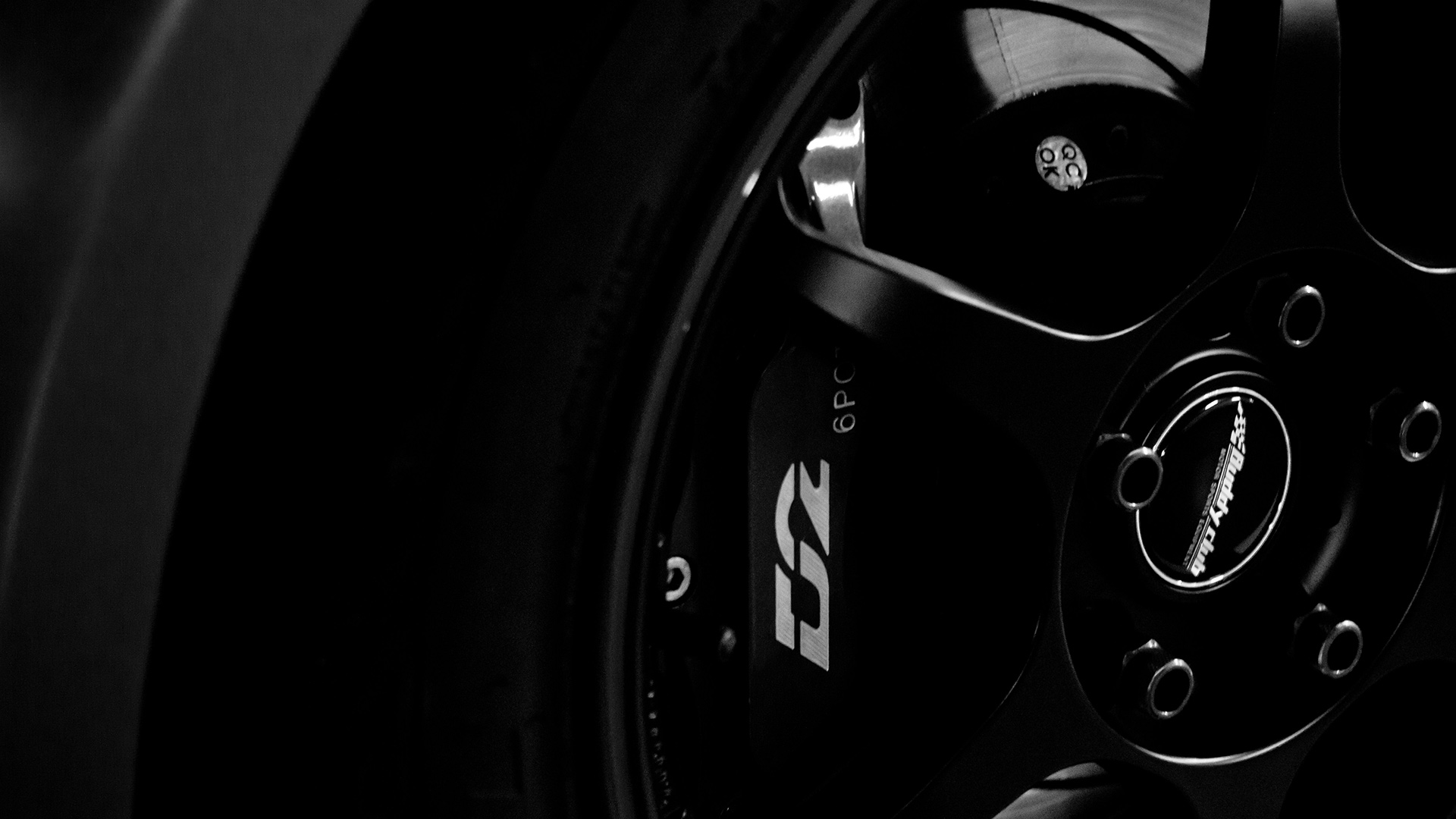
Traditionally, brake discs have been predominantly manufactured from grey cast iron, valued for its high thermal conductivity, wear resistance, and vibration absorption capabilities. These three factors collectively contribute to a more efficient braking experience. However, the environmental cost of grey cast iron, stemming from its energy-intensive production processes, including raw material extraction and processing, is becoming a real concern. These processes are not only heavy on energy consumption but also emit considerable amounts of carbon dioxide and other pollutants, all contributing to the industry's carbon footprint.
Don't forget, like everything else, brake discs and pads endure wear and tear, generating fine particulate matter (PM), a notorious air pollutant. These particles, laden with metals and various compounds, pose health risks and environmental hazards. Consequently, the lifecycle of traditional brake disc materials, spanning production to disposal, presents multiple environmental challenges, requiring a critical examination and pursuit of alternative, greener materials.
Steering Towards Sustainable Alternatives
Acknowledging the environmental impact, the automotive sector is venturing into sustainable alternatives for brake disc materials. Composite materials, such as carbon fibre reinforced silicon carbide (C/SiC) and aluminum matrix composites (AMCs), are emerging as promising successors to traditional grey cast iron. These innovative materials offer environmental advantages by reducing the brake disc's weight, leading to lower fuel consumption and diminished carbon emissions throughout the vehicle's operational life. Moreover, their superior wear resistance not only lessens the generation of harmful particulate matter but also prolongs the brake discs' lifespan.
The Vanguard of Innovation and Recycling
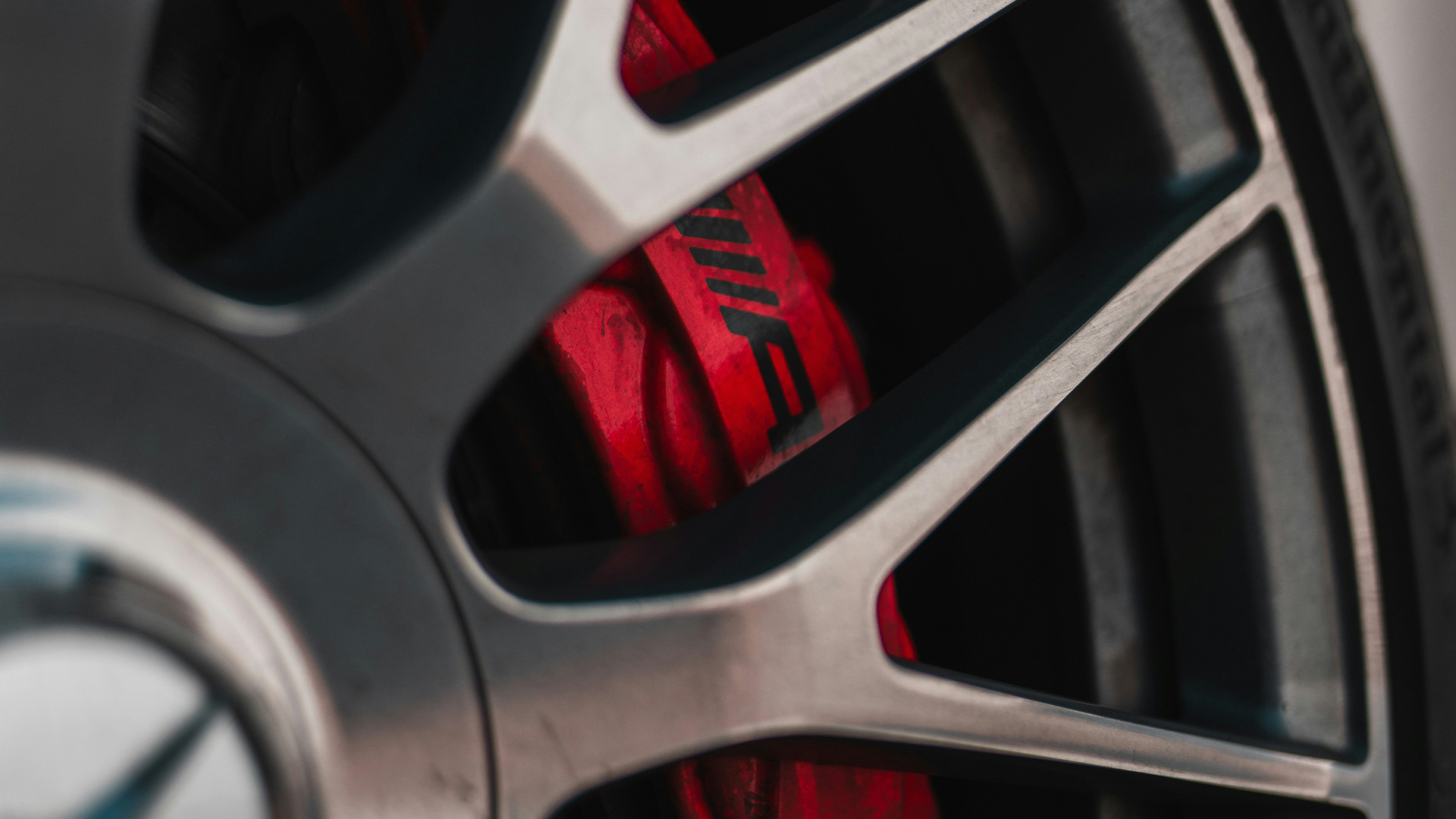
The quest for eco-friendly brake disc materials is propelled by advances in manufacturing processes and materials science. Pioneers like MAT Foundry Group are exploring sustainable manufacturing techniques and materials that promise reduced emissions and lower energy consumption. The integration of recycled materials into brake disc production is another another strategy to mitigate the environmental impact. Recycling serves a dual purpose: it conserves raw materials and cuts the energy demand for material extraction and processing, paving the way for more sustainable manufacturing.
Looking Forward: A Comprehensive Approach
Addressing the environmental impact of brake disc materials needs a comprehensive approach that embraces the product's entire life. This means refining manufacturing processes to cut waste and emissions, choosing materials with minimal carbon footprints, and designing for recyclability. The rising prominence of electric vehicles (EVs) accentuates the demand for lightweight, efficient braking systems, underscoring the need for ongoing innovation.
Collaboration among automotive manufacturers, materials scientists, and environmental specialists is crucial for developing sustainable brake disc materials. By adopting greener alternatives and innovative manufacturing techniques, the automotive sector can significantly lower its environmental impact The environmental ramifications of brake disc materials are a many-sided issue demanding concerted efforts from the automotive industry. The journey towards sustainability means adopting eco-friendly materials and innovative practices for automotive components. MAT Foundry Group are at the forefront of this shift, demonstrating that innovation and environmental stewardship can combine to cut down the industry's ecological footprint.
Broader Implications of Sustainable Practices
The push towards sustainable brake disc materials is only part of a larger movement to mitigate environmental impacts across all fronts. It's not just about reducing emissions during vehicle use but also considering the whole production chain and lifecycle of each component. Sustainable practices in brake disc production can serve as a model for other parts of the automotive industry, encouraging a holistic view of environmental stewardship.
As more consumers become aware of the ecological impacts of their purchases, the automotive industry's efforts to adopt sustainable practices, including in brake disc materials, are not only environmentally prudent but also strategically sound from a market perspective.
Continuous Innovation and Global Standards
The journey toward sustainable automotive manufacturing, with a focus on brake disc materials continues. Innovation, driven by technology and a commitment to environmental principles, is key to achieving these goals and the development of global standards for sustainable manufacturing practices can join the dots across the industry, ensuring benefits to the planet are always to the fore. By embracing new materials and manufacturing processes, and fostering collaboration across sectors, the industry can make substantial strides in reducing its environmental footprint.


